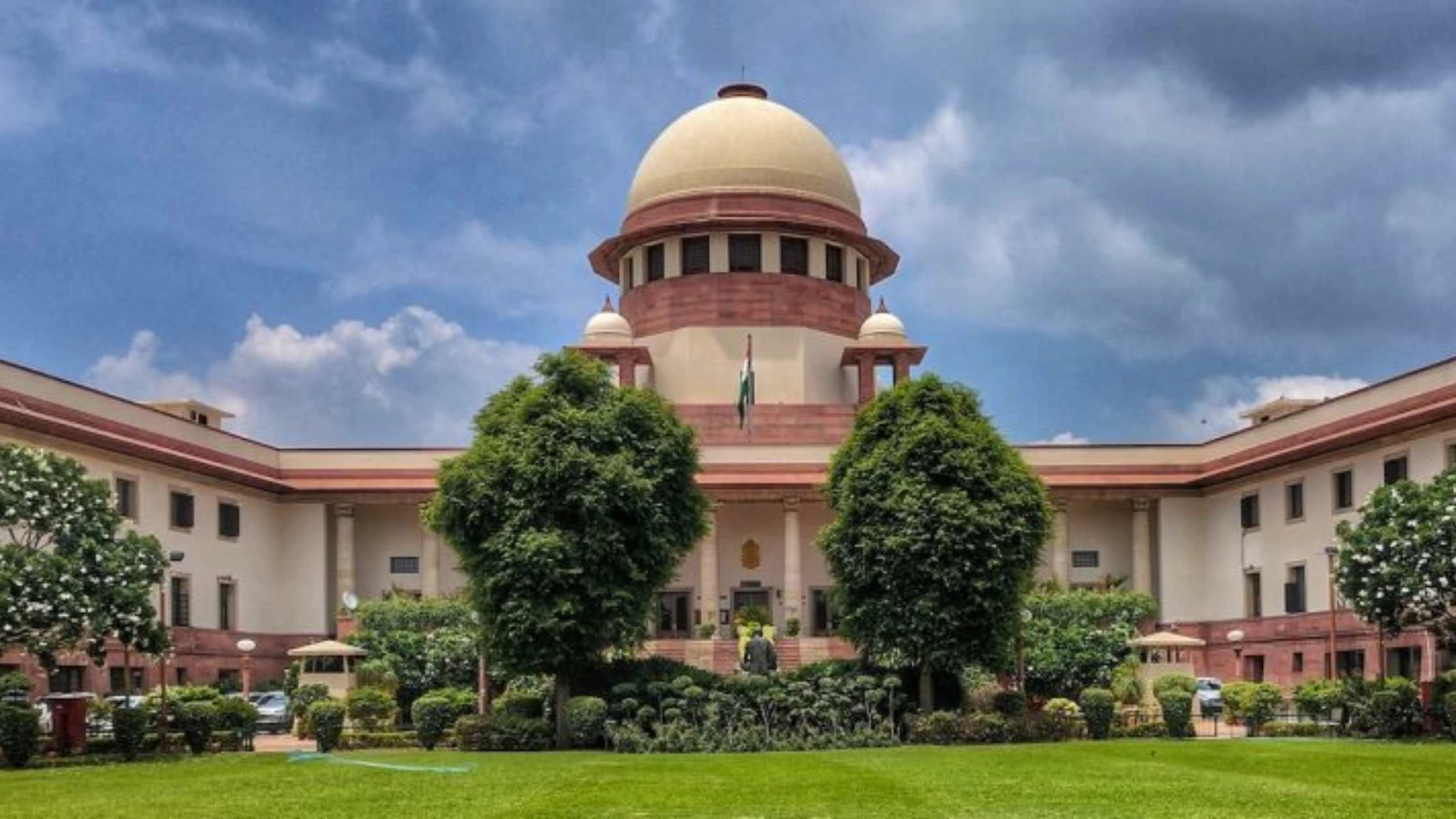Table of Content
▲
Over the past few years, I’ve noticed a growing trend among families, professionals, and even charitable institutions in India more people are leaning toward trust-owned property as a smart way to safeguard their assets. For some, it’s about ensuring smooth succession; for others, it’s about protecting wealth or supporting a noble cause. Whatever the reason, trusts have emerged as a reliable tool in estate and property management.
When you create a trust, you aren’t just handing over assets you’re ensuring they are managed responsibly, in line with your vision. However, while trusts come with several advantages, they also involve legal responsibilities and tax obligations. If you’re considering one, it’s important to understand both sides before moving forward.
In this blog, I’ll walk you through the essentials of trust-owned property, what it means, how it works, the duties and rights of trustees, and the tax rules you need to know in India.
What is a Trust-owned Property?
Simply put, trust-owned property refers to assets that are legally transferred into a trust so they can be managed for the benefit of certain individuals (called beneficiaries) or for a broader public purpose.
Here’s the structure in action:
- Settlor – the person who creates the trust and transfers property into it.
- Trustee – the individual or institution responsible for managing the property.
- Beneficiaries – the people or organizations who benefit from the property as per the settlor’s wishes.
For instance, if I want to ensure that my property is used only for my granddaughter’s education and living expenses, I can create a trust. I’d transfer the property to a trustee (say, a family member) who would manage it responsibly, ensuring it’s used only for her benefit.
The key point is this: while the trustee manages the property, ownership remains with the trust, not with the trustee. This arrangement adds a layer of accountability and protects the property from misuse or external risks.
Also Read: All You Need to Know About Leaving a Rental Early
Types of Trusts in India
In India, trusts fall broadly into two categories:
- Private or Family Trusts
- Created for the benefit of specific individuals or families.
- Commonly used for succession planning, caring for dependents, or safeguarding wealth.
- Governed by the Indian Trusts Act, 1882.
- Public Trusts
- Set up for charitable, educational, or religious purposes.
- These serve a wider public interest and are regulated by state-specific laws rather than the 1882 Act.
Lawful Purposes of Creating a Trust
Of course, not every purpose is legally valid. Under Section 4 of the Indian Trusts Act, a trust must serve a lawful purpose. That means:
- It must not be prohibited by law.
- It cannot be fraudulent, immoral, or harmful.
- It must not conflict with public policy.
Some common and valid purposes include:
- Succession and estate planning.
- Protecting family assets from creditors.
- Supporting charitable or religious causes.
- Ensuring business continuity across generations.
Duties of a Trustee
Being a trustee is not just an honorary role it’s a legal responsibility. Trustees are expected to act in the best interest of the beneficiaries and comply with the trust deed as well as the law.
Some key duties include:
- Executing the trust – following the objectives outlined in the trust deed.
- Safeguarding assets – protecting trust-owned property from misuse or disputes.
- Prudent management – handling assets with care and responsibility.
- Fairness – treating all beneficiaries impartially unless the deed specifies otherwise.
- Maintaining accounts – keeping accurate records of transactions.
- Investing wisely – ensuring idle funds are invested in legally permitted options.
- Managing perishable property – converting assets that may deteriorate into more stable forms.
Importantly, trustees cannot use the property for personal gain or create conflicts of interest.
Rights of a Trustee
Alongside obligations, trustees also enjoy certain rights to help them fulfill their responsibilities:
- Access to documents – including trust deeds and property records.
- Reimbursement – for reasonable expenses incurred while managing the trust.
- Recovery rights – reclaiming overpayments made to beneficiaries.
- Indemnity – protection against losses caused by others while managing the trust.
- Court guidance – seeking legal opinion in case of uncertainty.
- Authority to manage assets – including selling property, provided it aligns with the trust deed.
Taxation of Trust-owned Properties in India
Taxation is often the most complex part of managing a trust. How trust-owned property is taxed depends largely on the type of trust and the income it generates.
Private Trusts
- Specific (Determinate) Trusts
- Beneficiaries and their shares are clearly defined.
- Income may be taxed either in the hands of the trustee (as a representative) or directly in the hands of beneficiaries, based on their tax slabs.
- If the trust earns business income, it’s taxed at the maximum marginal rate (MMR), currently 30% plus surcharge and cess.
- Discretionary (Indeterminate) Trusts
- Beneficiaries’ shares are not specified.
- The entire income is taxed in the hands of the trustee at MMR.
Additionally:
- Revocable trusts (can be canceled by the settlor) are taxed in the hands of the settlor.
- Irrevocable trusts (permanent) are taxed in the hands of either the trustee or beneficiaries, depending on the setup.
- Capital gains tax applies if a trust sells property at a profit.
Public Trusts
Public charitable and religious trusts enjoy tax exemptions under Section 11 of the Income Tax Act, but only if they meet these conditions:
- At least 85% of income must be used for charitable or religious purposes in India.
- The trust must be registered under Section 12A/12AA.
- Proper books of accounts must be maintained and audited.
Failure to meet these conditions results in taxation at the maximum marginal rate.
Also Read: From Agricultural Land to Residential: Understanding Land Conversion
Key Benefits and Challenges of Trust-owned Property
Like any legal tool, trusts come with both advantages and drawbacks.
Benefits:
- Protects assets from creditors and lawsuits.
- Simplifies succession planning.
- Enables structured charitable contributions.
- Offers tax benefits for public trusts.
Challenges:
- Trustees must meet strict compliance requirements.
- Taxation rules for private trusts can be complex.
- Heavy responsibility rests on trustees for fair and lawful management.
Final Thoughts
From my perspective, creating a trust-owned property structure can be an excellent way to preserve wealth, provide for future generations, or give back to society. However, it’s not a universal solution. The type of trust you set up and how you manage it has significant legal and tax implications.
If you’re planning to create a trust, I’d strongly recommend consulting a qualified legal and tax professional. When done properly, a trust not only secures your assets but also ensures your intentions are honored, benefiting your family or community for years to come.
Follow AquireAcers Whatsapp Channel to Stay Updated With The Latest Real Estate News






_1771410929.webp)


Ans 1. Trust-owned property is an asset legally transferred into a trust so it can be managed by a trustee for the benefit of beneficiaries or for a public purpose. Ownership stays with the trust, not the trustee, ensuring accountability and protection from misuse.
Ans 2. Broadly, there are two kinds: private trusts, usually for families or individuals under the Indian Trusts Act, 1882, and public trusts, which serve charitable, educational, or religious purposes, governed mainly by state laws.
Ans 3. Trusts are created for lawful purposes such as succession planning, safeguarding family assets, supporting charities, or ensuring financial security for dependents. They help prevent disputes and protect property from creditors.
Ans 4. Trustees must manage trust assets prudently, follow the objectives in the trust deed, treat beneficiaries fairly, keep proper accounts, and protect the property from misuse. They cannot use it for personal gain.
Ans 5. Trustees can access trust documents, recover reasonable expenses, seek court guidance, and manage or sell assets in line with the deed. They are also indemnified against losses caused by others while performing duties.
Ans 6. If beneficiaries and their shares are defined, income is taxed either in their hands or via the trustee. If not defined, it’s taxed in the trustee’s hands at the maximum marginal rate. Business income of private trusts is always taxed at the highest rate.
Ans 7. Public charitable or religious trusts enjoy tax exemptions if registered under Section 12A/12AA and if at least 85% of their income is spent on charitable purposes in India. Failure to meet these conditions leads to taxation at the highest rate.
Ans 8. Trusts provide asset protection, smooth succession planning, structured charity, and tax benefits for public trusts. They ensure property is used as intended by the settlor.
Ans 9. Complex tax rules, strict compliance requirements, and heavy trustee responsibilities can make management demanding. Missteps may lead to penalties or disputes.
Ans 10. Yes, setting up a trust has serious legal and tax implications. A qualified legal and tax advisor can help structure it properly to secure your assets and ensure your wishes are respected.